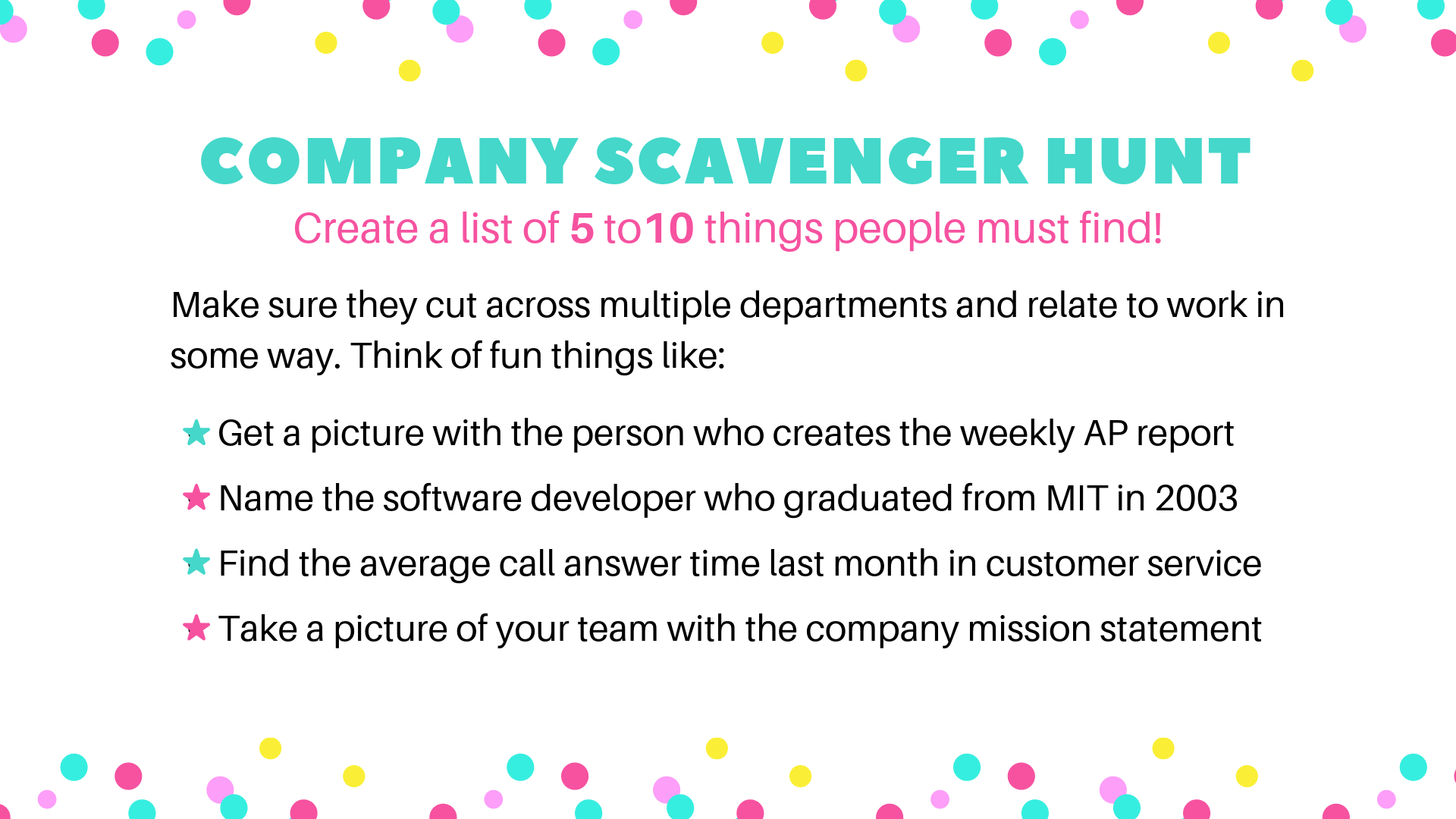Purposeful Play at Work
Play is essential to development. The American Academy of Pediatrics says play “contributes to the cognitive, physical, social and emotional well-being of children.” The United Nations High Commission for Human Rights recognizes play as a right of every child because of its importance to optimal development.
But play isn’t just important to the development of children. Used correctly, it can be a powerful workplace tool that fosters teamwork and learning, engages employees and builds trust. The problem is play in most organizations is considered either wasting time or a team bonding perk.
Productivity is an important metric and play might feel like it would negatively impact it. So, it’s understandable if managers think play as a waste of time. On the other hand, many companies boast of Taco Tuesdays, a beer tap in the breakroom and a new foosball table calling them recruitment and retention perks. That’s probably true if you’re a frat looking for new pledges, but maybe not so much if you’re trying to reach specific business goals.
Studies since the 1950s demonstrate interesting work, a sense of accomplishment and contributing to larger purpose are far more important to people than pay or job security. Purposeful work inspires us. But today’s workplace is most often siloed into specific disciplines. While each discipline contributes to the overall goals of the organization, it can be difficult for people to understand the impact of their individual role. Purposeful play can not only promote creativity and innovation, but can also help:
Reduce stress
Improve and develop social and communications skills
Create strong relationships and build teamwork
Decrease absenteeism
Boost productivity and creativity
But what do we mean by purposeful play? It doesn’t take much to create game that helps break down barriers, engage people and teach at the same time. Think about creating a game each quarter to help teach the company values or identify people in your company that are experts in certain areas or even having departments define how they help contribute to a specific corporate goal. Try this to start:
We like recommending team-based games to encourage communication. Create a sense of urgency with a deadline and encourage participation with a logoed item and recognition board for submitting your answers and rewards for the first 3 teams to return all the correct answers.
The idea is to create a way for employees to play and learn at the same time. Play helps us innovate and work better together. It helps us grow and communicate. Play can even help us understand how we help fit into the bigger picture.
Want to learn more? Check out these other articles:
Forbes Magazine. Five Ways to Have More Fun at Work by Christine Comaford.
Association for Psychological Science. Playing Up the Benefits of Play at Work.
Huffington Post. A Results Mindset vs. A Purposeful Mindset by Zach Mercurio.
. . .
Get in on the conversation. Leave your comments below.
Like what you've read? Get our new blogs emailed directly to your inbox — click here to subscribe.


